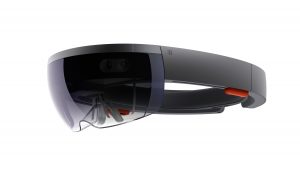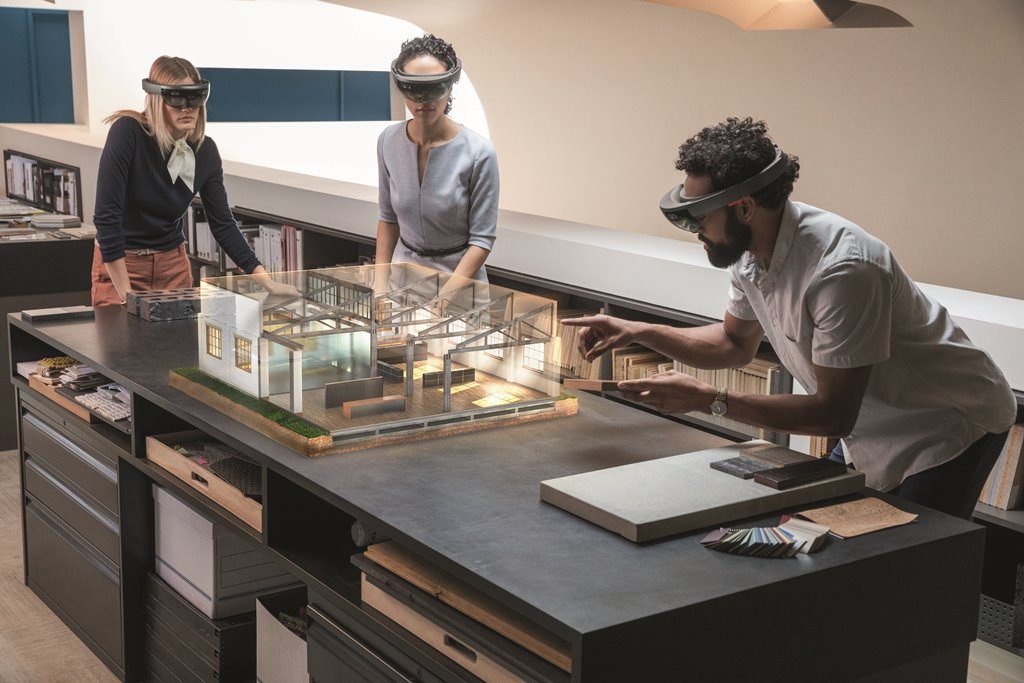February is not really an exciting month for augmented reality and virtual reality fans. After the CES show in January, when every company showcases or launches its top-of-the-line products, there is very little activity in the field.
Of course, this does not mean that nothing happens–far from it. Although less impactful than product launches, certain movements and strategic business decisions made in the AR and VR market are bound to have an impact sooner or later. And we have already witnessed a few such decisions, although they did not benefit from the same fanfare as a new device or game announcement.
Without keeping you wondering longer, these are the top events which, in our opinion, defined the world of virtual and augmented reality in February 2018.
Walmart Acquires a Virtual Reality Startup
Walmart is the largest employer on the US market and the largest company in the world by revenue. The family-owned retail giant has shown little interest in new technologies so far, although it does own a business incubator called Store No.8. It is exactly through this subsidiary company that Walmart has recently acquired a little known VR startup–Spatialand.
Spatialand specializes in taking 2D content and turning it into immersive, 3D content with the help of virtual reality. Thus, we may assume that Walmart does not plan to launch into the creation of brand-new VR experiences, but transform existing ones.
The details of the transaction are scarce. Store No.8 published a blog post in which it states that: “The team will continue the work we began together last summer at Innov8. […] And while it’s too early to share more about what the team will be working on next, we’re excited to get to work and share more in the future.”
What we know is that the founder and 10 employees of Spatialand will be retained, and the director of Store No. 8, Katie Finnegan, will act as interim CEO. In truth, we do not expect to see a tangible result of this acquisition any time soon. Store No.8 is known to take over startups and work on projects over the long term before bringing them to fruition–sometimes for as long as 5-10 years.
Magic Leap Job Openings Indicate a Move Towards Retail Presence

Magic Leap has remained a sort of unicorn in the world of augmented reality technology. Very secretive about its plans until the last minute and shy to give more than the bare minimum of detail, the former miracle startup which managed to amass $1.2 billion in funding without a single marketable product ready seems to be preparing a new surprise.
Its recent job listings include the position of Director of Store Design for the Florida headquarters. Looking over the job description, some of the requirements for eligible candidates are design experience in the field of luxury retail and in-depth knowledge of store fixtures and furnishing, both temporary and long term.
It is unlikely that Magic Leap will open its own stand-alone brick-and-mortar stores, but more likely that it will take up retail space in select malls and other commercial spaces. We can only look forward to the moment when we can step inside a Magic Leap branded store and test their augmented reality devices and platform.
8th Wall Raises $8 Million in Funding for Augmented Reality Platform which Works on All Smartphones
As brand new technologies, virtual and augmented reality can be experienced on the latest and most powerful (and expensive) mobile phones. But this will soon change, if the project started by the company 8th Wall takes shape.
8th Wall has managed to obtain $8 million in funding to work on a new augmented reality platform which works even on older and less powerful smartphones. This direction of thought is certainly one to look forward to, as it promises to make cutting edge technology available to a larger number of people across the globe.
The Palo Alto-based company has recently launched an augmented reality platform which works on any iOS and Android phone, widening the potential market to 2.5 billion smartphones currently in use across the globe. “We support this idea of graceful degradation, where you can target the newer smartphones but still have the same application working on older devices. We heard from developers that there just weren’t many phones available, or about 15 percent of phones with native AR libraries. We can enable about 95 percent of smartphones to do AR”, declared the CEO of 8th Wall, Erik Murphy-Chutorian for VentureBeat.
Microsoft Partners with ABCOMRENTS, Offers HoloLens for Rent

Priced at $3,000, Microsoft HoloLens is not just one of the most advanced mixed reality headsets, but also one of the most expensive. We are not talking just for individuals, but also for small and medium-sized companies that may want to embrace virtual and augmented reality in their work.
For this reason, Microsoft has decided to try an experimental partnership with ABCOMRENTS, a company specializing in renting high tech equipment for trade shows and other similar events.
According to a blog post on the official Microsoft website, the rental program for HoloLens headsets is currently available only to corporate customers located in North America. No doubt, if the trial partnership proves to be successful, more countries will be added to the roster.

The rental program will most certainly benefit companies which have just started experimenting with augmented reality. Their employees will be able to report on the benefits of working with AR headsets, and adequate budgets would be set aside for the purchase of the devices once the rental period expires.




